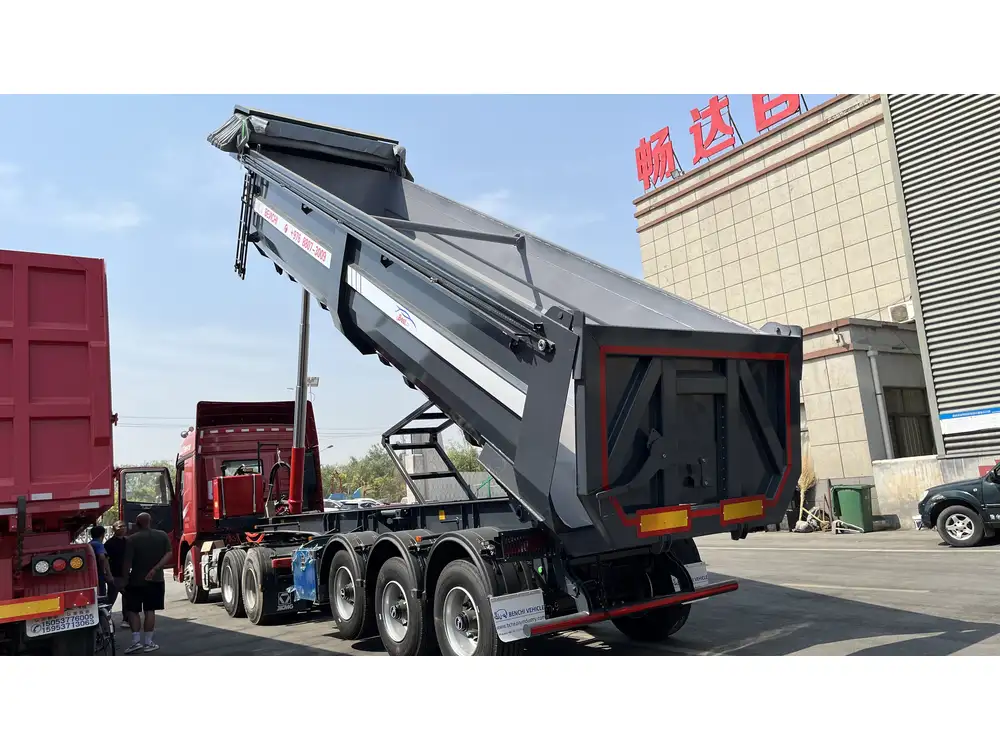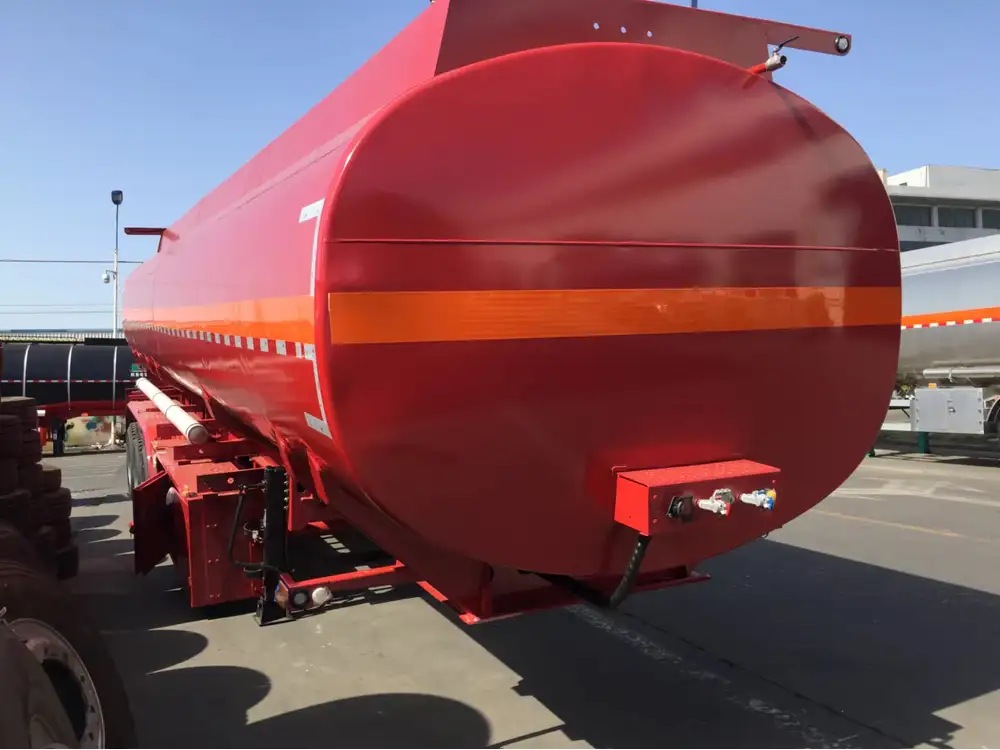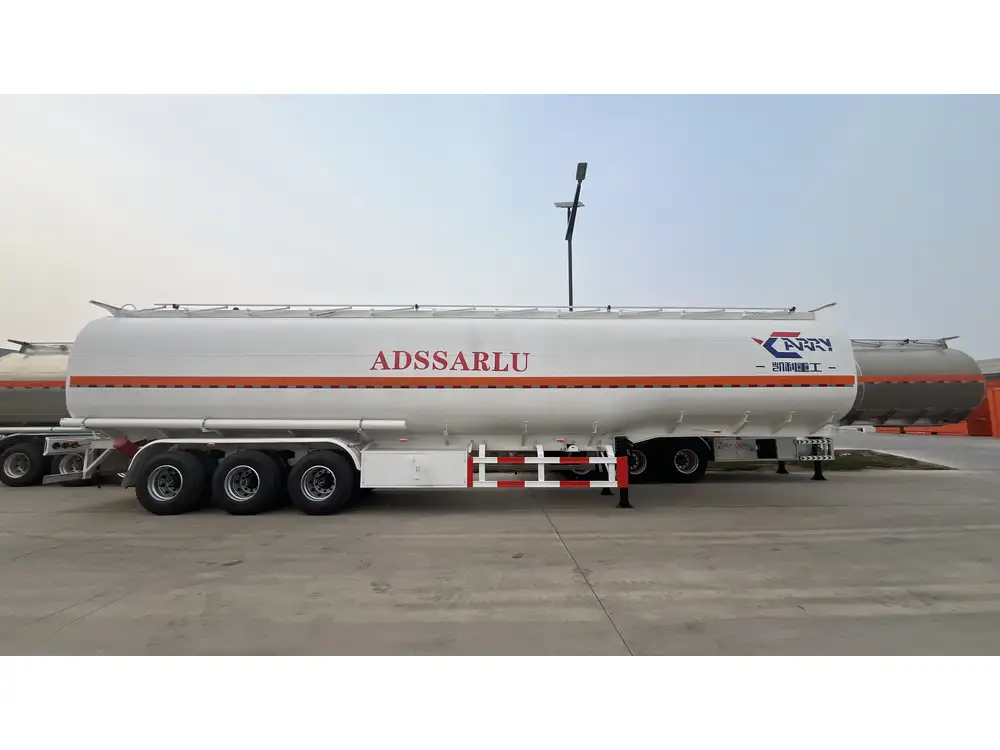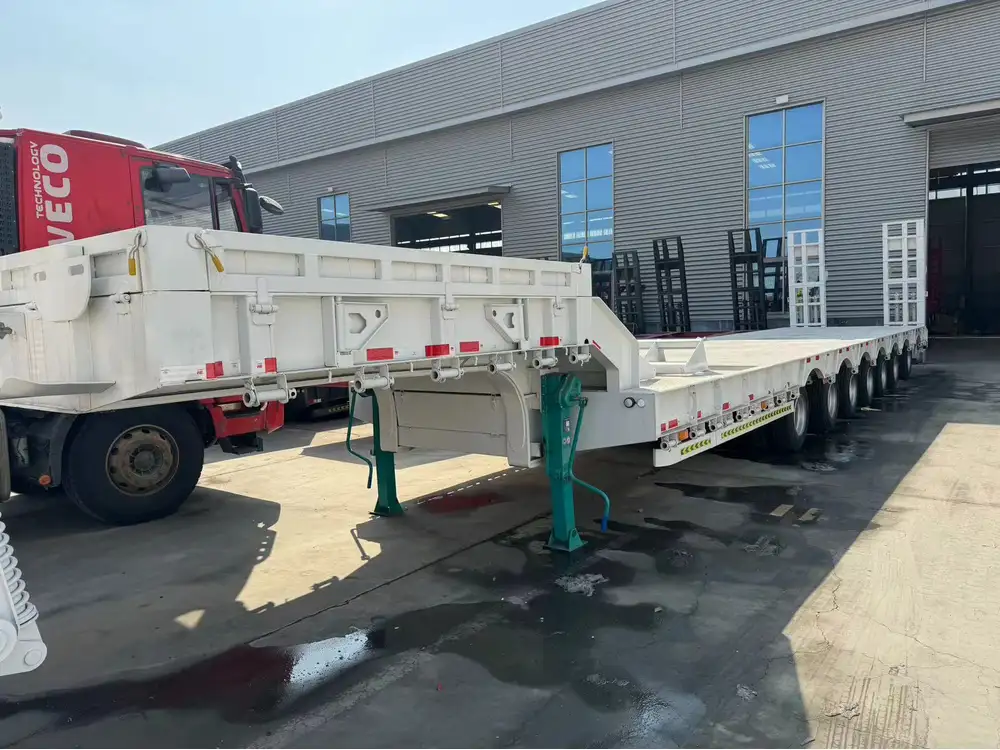In today’s ever-evolving transportation landscape, choosing the right flatbed trailer is paramount for optimized logistics and enhanced operational efficiency. Among the myriad of options available, the 7-foot flatbed trailer stands out due to its versatility, capacity, and ability to accommodate diverse cargo types. This guide meticulously examines its specifications, operational advantages, and key considerations for manufacturers and fleet operators alike.
Table of Contents
- Understanding the 7-Foot Flatbed Trailer
- 1.1 Definition and Features
- 1.2 Dimensions and Capacity
- Advantages of Using a 7-Foot Flatbed Trailer
- 2.1 Versatility for Cargo Types
- 2.2 Maneuverability in Urban Areas
- Key Specifications of a 7-Foot Flatbed Trailer
- 3.1 Weight Distribution and Load Limits
- 3.2 Material Construction and Durability
- 3.3 Safety Features and Compliance
- Common Uses and Applications
- 4.1 Freight and Logistic Services
- 4.2 Construction and Industrial Applications
- 4.3 Hauling Equipment and Machinery
- Performance Comparison: 7-Foot Flatbed vs. Other Trailer Sizes
- Maintenance Tips for Flatbed Trailers
- Conclusion
1. Understanding the 7-Foot Flatbed Trailer

1.1 Definition and Features
A 7-foot flatbed trailer is engineered specifically for transporting goods with a flat, open bed that allows for loading and unloading from all sides. This design maximizes accessibility and convenience, especially when dealing with bulky or irregularly shaped items. The trailer is typically equipped with stake pockets and tie-down points, ensuring secure fastening of loads during transit.
1.2 Dimensions and Capacity
The dimensions of a 7-foot flatbed trailer can vary, but common specifications include a length of 14 to 16 feet and a width of 7 feet. It’s important to note that different models come with varying weight capacities, typically ranging from 2,000 to 7,000 pounds, depending on the trailer’s construction and intended use.
| Measurement | Dimensions |
|---|---|
| Length | 14-16 feet |
| Width | 7 feet |
| Weight Capacity | 2,000 – 7,000 lbs |
2. Advantages of Using a 7-Foot Flatbed Trailer

2.1 Versatility for Cargo Types
One of the most compelling advantages of a 7-foot flatbed trailer is its adaptability. This type of trailer is suitable for transporting a variety of cargo, including:
- Construction Materials: Lumber, roofing, and bricks.
- Heavy Equipment: Small machinery and construction tools.
- Furniture and Appliances: Ideal for moving residential or commercial goods.
2.2 Maneuverability in Urban Areas
Due to its compact size, the 7-foot flatbed trailer is exceptionally maneuverable, making it perfect for urban environments where tight spaces are the norm. This feature allows drivers to navigate through congested areas and deliver goods efficiently without the risk of damaging surrounding infrastructure.
3. Key Specifications of a 7-Foot Flatbed Trailer

3.1 Weight Distribution and Load Limits
Understanding the weight distribution and load limits is crucial for maintaining safety and compliance during transportation. The load must be evenly distributed to prevent swaying or tipping. Most 7-foot flatbed trailers are designed with specifications that help prevent exceeding the Gross Vehicle Weight Rating (GVWR).
3.2 Material Construction and Durability
High-quality materials are used in the construction of a 7-foot flatbed trailer to ensure longevity and reliability. Common materials include:
- Steel: Known for its strength and durability.
- Aluminum: Lightweight and resistant to corrosion.
- Wood Decking: Often used for a non-slip surface but may require regular maintenance.
3.3 Safety Features and Compliance
Safety is a top priority for any trailer manufacturer. Ensure that your trailer comes equipped with:
- Reflective Tape: Increases visibility during low-light conditions.
- Safety Chains: Additional security that prevent detachment.
- Brake Systems: Ensure swift stopping power and control.

4. Common Uses and Applications
4.1 Freight and Logistic Services
In the freight and logistics sector, the 7-foot flatbed trailer is an invaluable asset. Its versatility allows logistics companies to transport various goods efficiently. It serves industries such as furniture distribution, package shipping, and general freight.
4.2 Construction and Industrial Applications
Construction sites often require trailers that can handle heavy loads and rough terrain. A 7-foot flatbed trailer is ideal for transporting construction materials, tools, and equipment, minimizing downtime on the job site.

4.3 Hauling Equipment and Machinery
The robust structure of a 7-foot flatbed trailer enables it to haul equipment and machinery safely. Whether it’s small excavators or lawn mowers, it can accommodate a range of types.
5. Performance Comparison: 7-Foot Flatbed vs. Other Trailer Sizes
When choosing the right flatbed trailer for your needs, comparing the 7-foot variant to other sizes can provide valuable insights:
| Trait | 7-Foot Flatbed | 10-Foot Flatbed | 12-Foot Flatbed |
|---|---|---|---|
| Maneuverability | Excellent | Good | Moderate |
| Cargo Versatility | High | Moderate | High |
| Ideal Use Cases | Urban Logistics | General Transport | Construction |
| Weight Capacity Range | 2,000 – 7,000 lbs | 3,000 – 10,000 lbs | 4,000 – 12,000 lbs |
6. Maintenance Tips for Flatbed Trailers
To maximize the longevity and performance of your 7-foot flatbed trailer, consider the following maintenance tips:
- Regular Inspections: Conduct routine checks for wear and tear, focusing on the tires, brakes, and lights.
- Cleaning: Ensure proper cleaning after each use to prevent rust and corrosion, especially if used in harsh environments.
- Greasing Moving Parts: Regular lubrication of hinges and fittings increases efficiency and extends service life.
- Load Security Checks: Always verify that loads are secure before transport, as this reduces the risk of accidents.

7. Conclusion
The 7-foot flatbed trailer is an exceptional choice for businesses seeking a balance of capacity, versatility, and maneuverability. Its applications span various industries, making it an indispensable tool in freight transport, construction, and equipment hauling. By understanding its specifications, benefits, and maintenance requirements, you can leverage this trailer to enhance operational efficiency and ensure safety in your transportation processes.
Investing in a high-quality 7-foot flatbed trailer not only makes sense financially but also enables logistics efficiency that is critical in today’s fast-paced market. Whether you’re an independent operator or a large fleet owner, this guide serves as an essential resource for making informed decisions in your trailer procurement journey.



